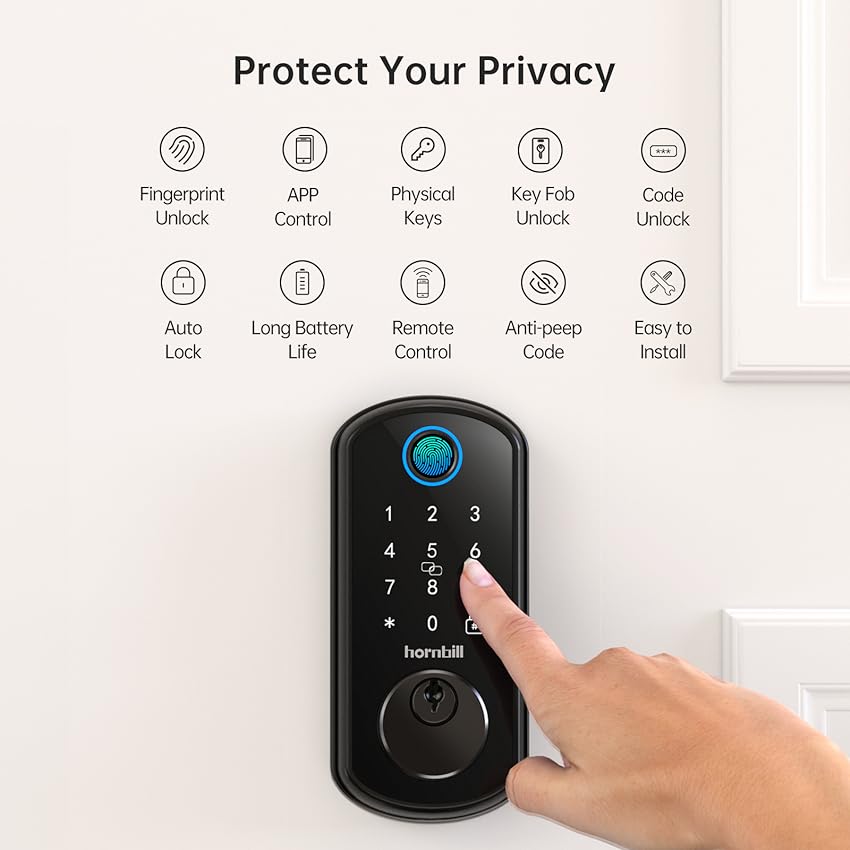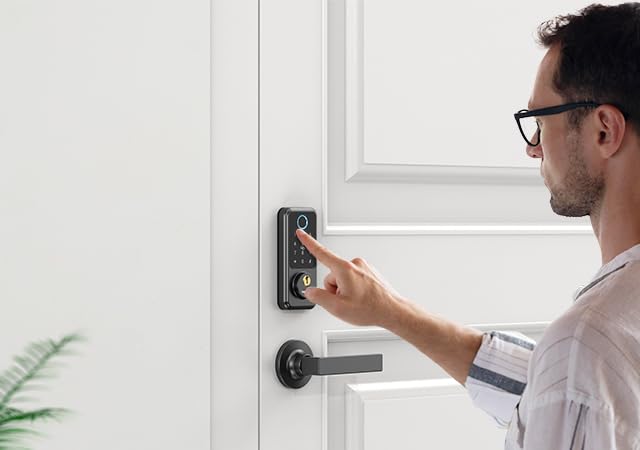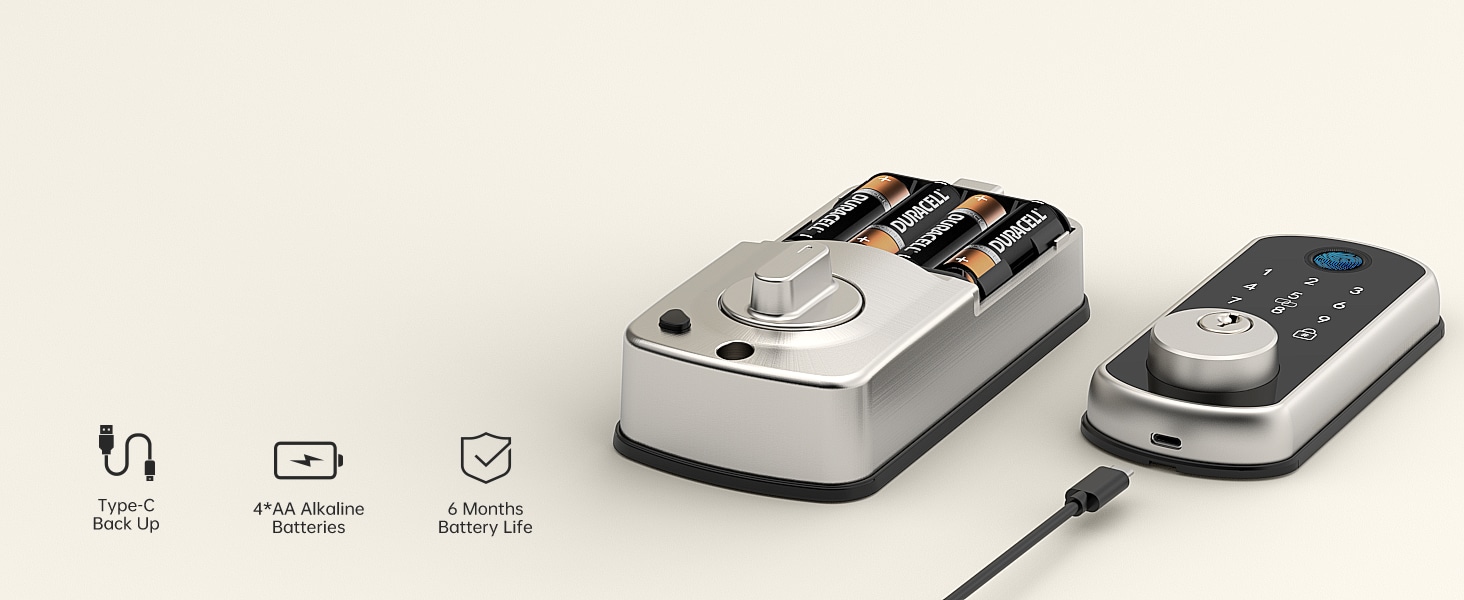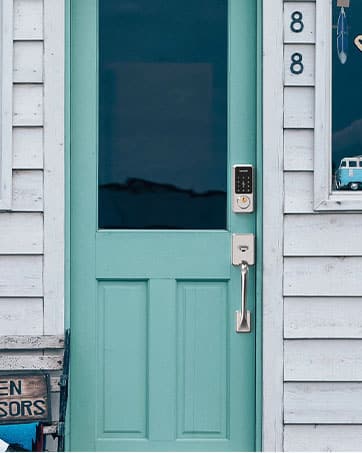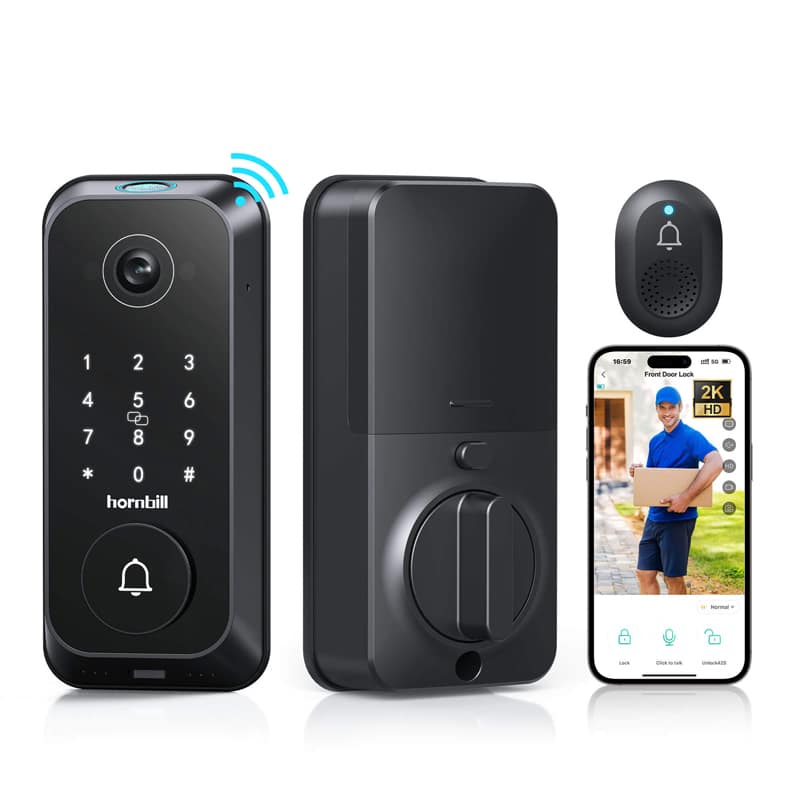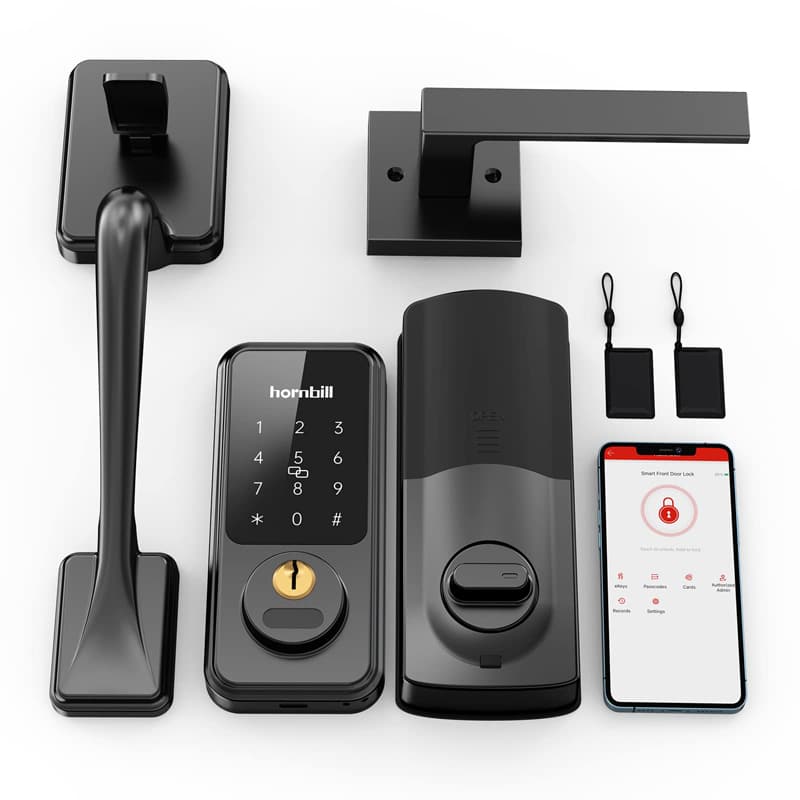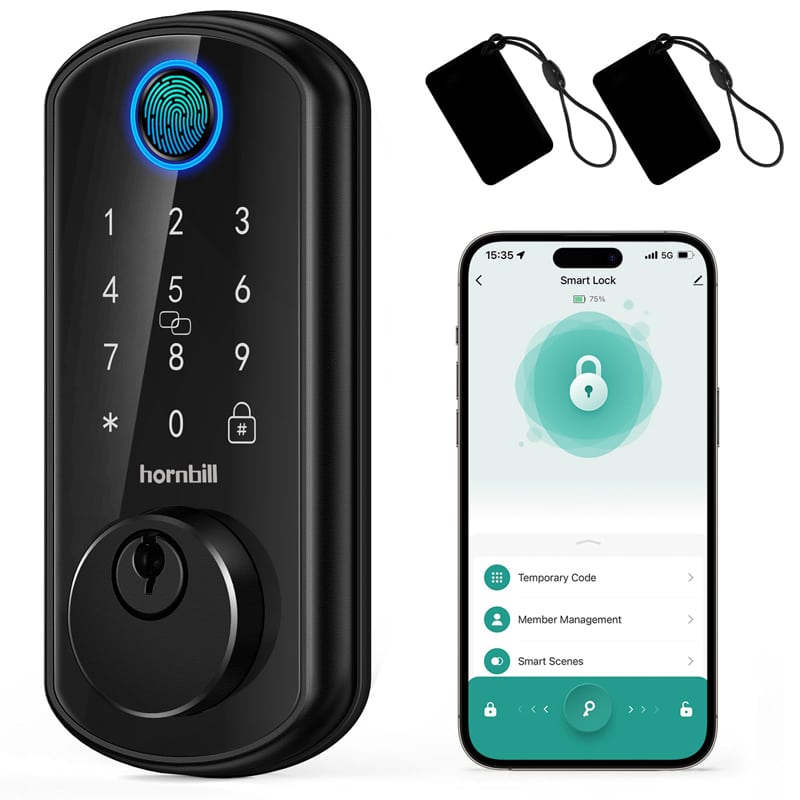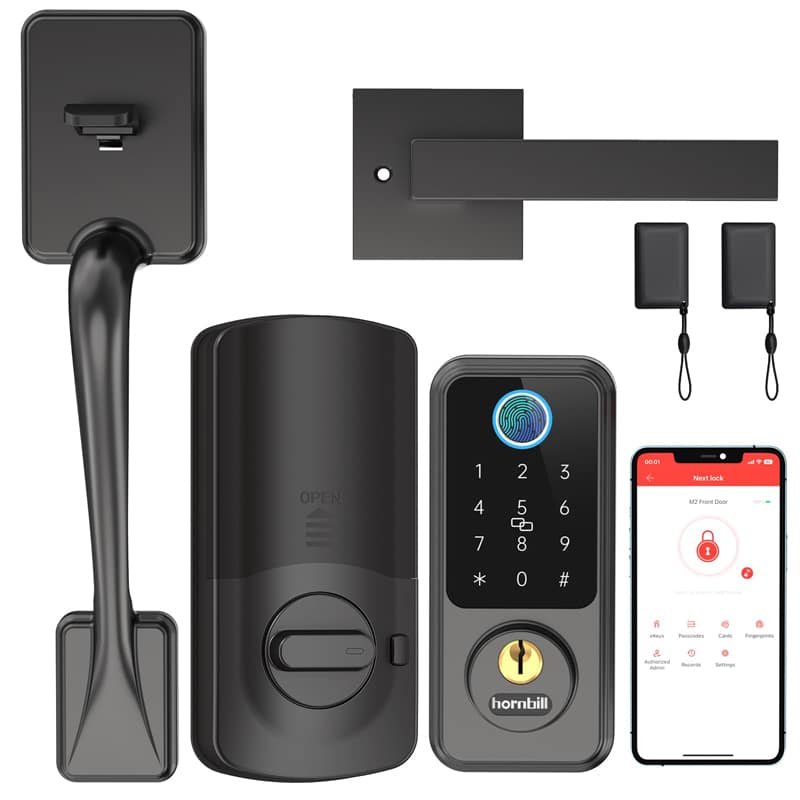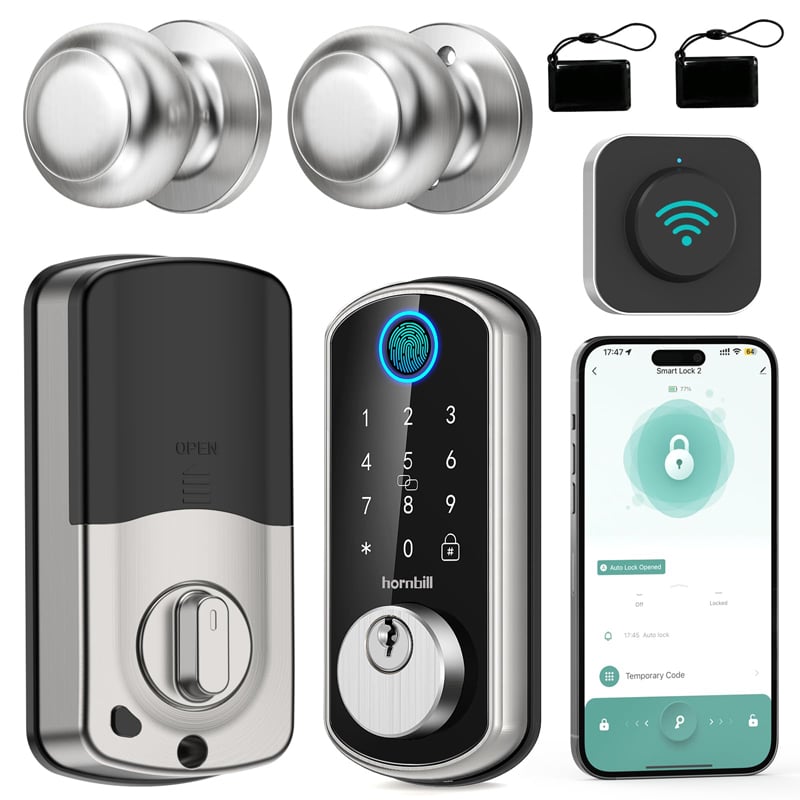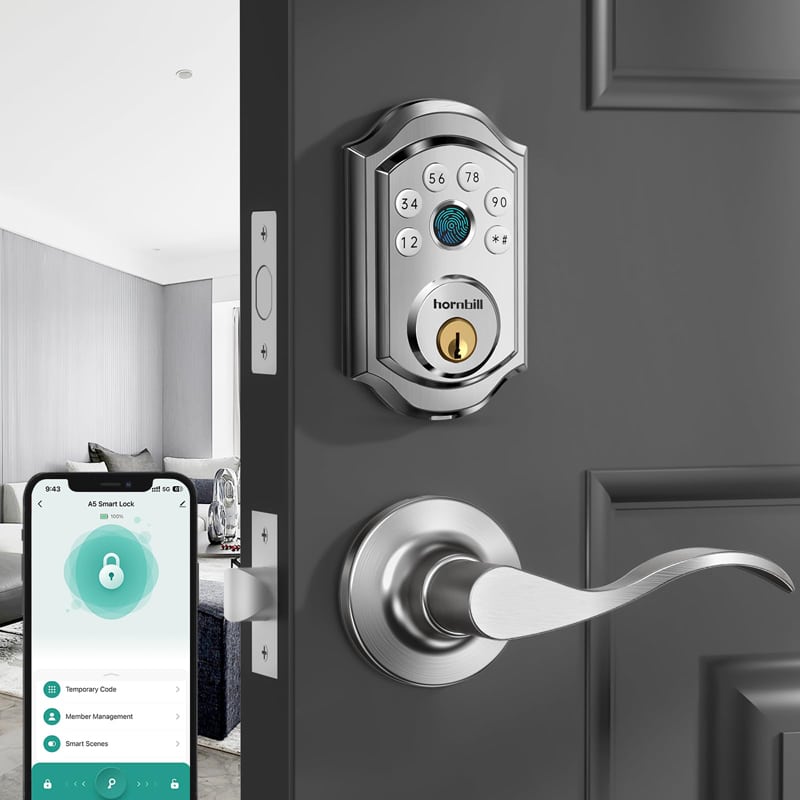Wireless door locks, also referred to as smart locks, have gained popularity over the years due to their ability to enhance security and convenience in homes and businesses. However, one common question often arises: “Does using a wireless door lock require an internet connection?” This article is designed to provide a clear answer to this question and give a more in-depth understanding of wireless door locks and their operation.
Keyless wireless door locks work by communicating via radio signals with a device such as a smartphone or a key fob, allowing for keyless entry and access control. The type of wireless technology used can vary, including Bluetooth, WiFi, Z-Wave, or Zigbee.
Table of Contents
Certain wireless door locks utilize WiFi to connect to a router, offering users the flexibility to manage their locks from nearly any location, as long as they have an internet connection. These advanced locks provide a range of functionalities, such as remotely locking and unlocking doors through a smartphone app or web interface, which adds convenience and security.
Users can set unique access codes for individual family members or guests, allowing for temporary or permanent access without the need for physical keys. Additionally, these locks can send real-time notifications to users when someone enters or leaves the premises, enhancing security by keeping homeowners informed.
Moreover, the ability to connect to the internet allows for seamless integration with other smart home devices, such as security cameras, alarms, voice control, and lighting systems. This integration creates a cohesive home automation ecosystem, enabling users to control multiple aspects of their home environment from a single platform for enhanced convenience and peace of mind.
Bluetooth is a popular wireless technology commonly found in smart locks, enhancing convenience and security for users. These smart locks establish a direct connection with Bluetooth-enabled devices, such as smartphones or tablets, allowing for seamless operation. One of the significant advantages of Bluetooth smart locks is that they do not require an internet connection, making them functional even in areas with poor or no Wi-Fi access.
Typically, the operational range for Bluetooth smart locks is limited, usually extending up to about 300 feet under ideal conditions. This range allows users to interact with the lock while still maintaining a reasonable distance from the door. When users are within this range, they have the ability to unlock the door automatically as they approach, thanks to features like geofencing, or with a simple tap on their device’s app, providing a convenient hands-free experience.
Bluetooth smart locks also often include additional features, such as temporary access codes for guests, remote locking and unlocking capabilities, and activity logs that track who has entered or exited. This combination of convenience, security, and functionality makes Bluetooth technology a popular choice among homeowners looking to upgrade their door-locking systems.
Z-Wave or Zigbee Wireless Door Locks
Some wireless door locks use Z-Wave or Zigbee, both of which are wireless protocols designed for home automation, especially relating to security. These locks require a Z-Wave or Zigbee hub, which connects to your router, allowing for remote access and control. Therefore, while the locks communicate using Z-Wave or Zigbee to the hub, an internet connection is required for remote operation.
In conclusion, whether a wireless door lock requires an internet connection depends on the type of wireless technology it uses. Wi-Fi locks and those that use Z-Wave or Zigbee typically require an internet connection for full functionality, especially for remote access. Bluetooth locks, on the other hand, do not require an internet connection but have a limited range. The choice between these types will largely depend on your specific needs, preference for features, and how you intend to incorporate the lock into your home automation or security system.
Disclaimer: This article outlines potential cybersecurity risks associated with smart locks but does not imply all smart locks possess these issues. Efficacy of protection measures varies from model to model. Always conduct thorough research before investing in one.

